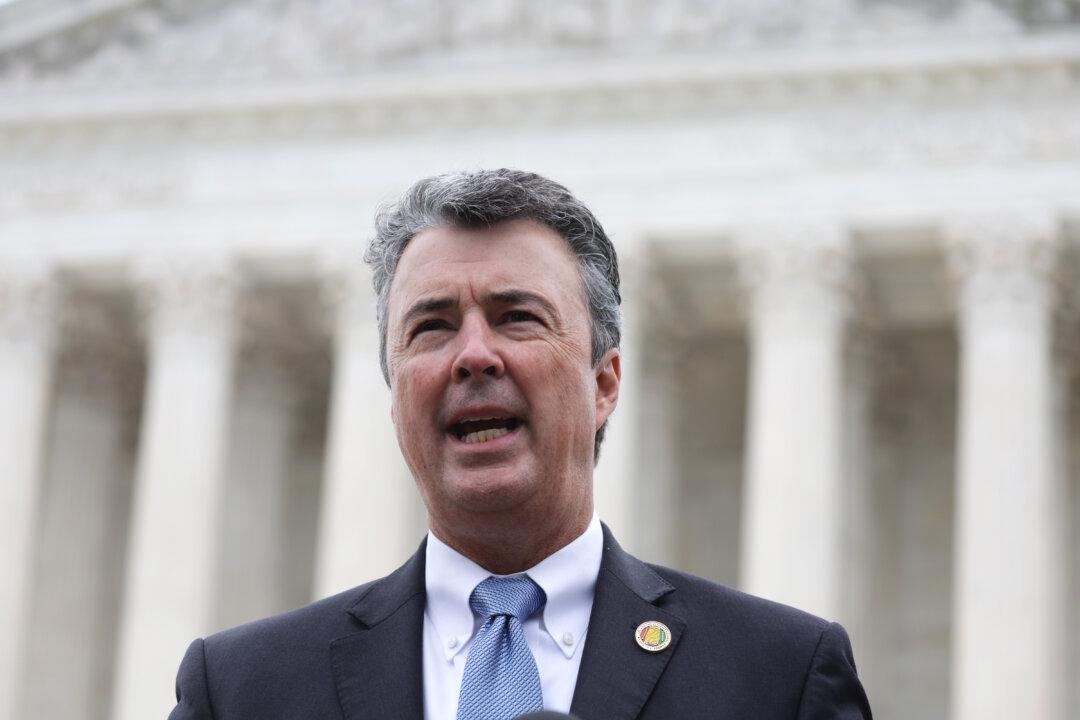A lawsuit filed by the Alabama attorney general on Monday has reduced the number of inmates being immediately released on mandatory parole as required by a new state law.
On Monday, the Alabama Bureau of Pardons and Paroles (ABPP) confirmed to The Epoch Times that 412 inmates were being process for discharge from the Alabama Department of Corrections (ADOC). As a result of the attorney general’s lawsuit, between 90 and 100 inmates were released on Tuesday, while the remaining inmate releases will be delayed so the victims and their families can be notified.





